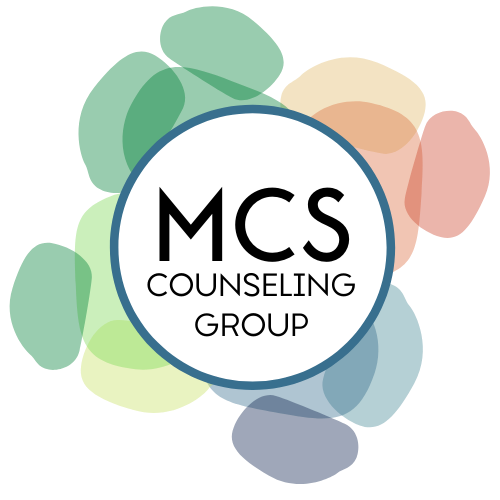Providers
If you’ve struggled with overwhelming emotions or relationship difficulties, you may feel it’s time to work with a therapist. This first step can come with mixed emotions and uncertainty, and these feelings are normal. MCS health providers understand the challenges of getting started with therapy. With so many types of mental health professionals to choose from, you may find yourself overwhelmed by all the options. MCS clinicians include individuals, couples and family therapists, psychologists, psychiatric nurse practitioners, and more. A closer look at each type can make your choice easier.
Erin Andersen, LICSWA
Therapist, (she/her/hers)
Erin’s foremost goal is to provide a safe space by building a transparent therapeutic partnership. She believes in working with clients to better understand difficult and uncomfortable emotions and uses an intersectional approach to the feminist perspective to explore how existing social norms and systemic barriers can act as deterrents to growth. Erin obtained her Master’s in Social Work from Tulane University in New Orleans, Louisiana. She has experience working in schools and hospitals with clients and their families. Erin draws on Emotionally-Focused Therapy, narrative therapy, and mindfulness techniques to address struggles associated with those experiencing depression, trauma, generalized and social anxiety, and self-esteem and self-image issues.Â
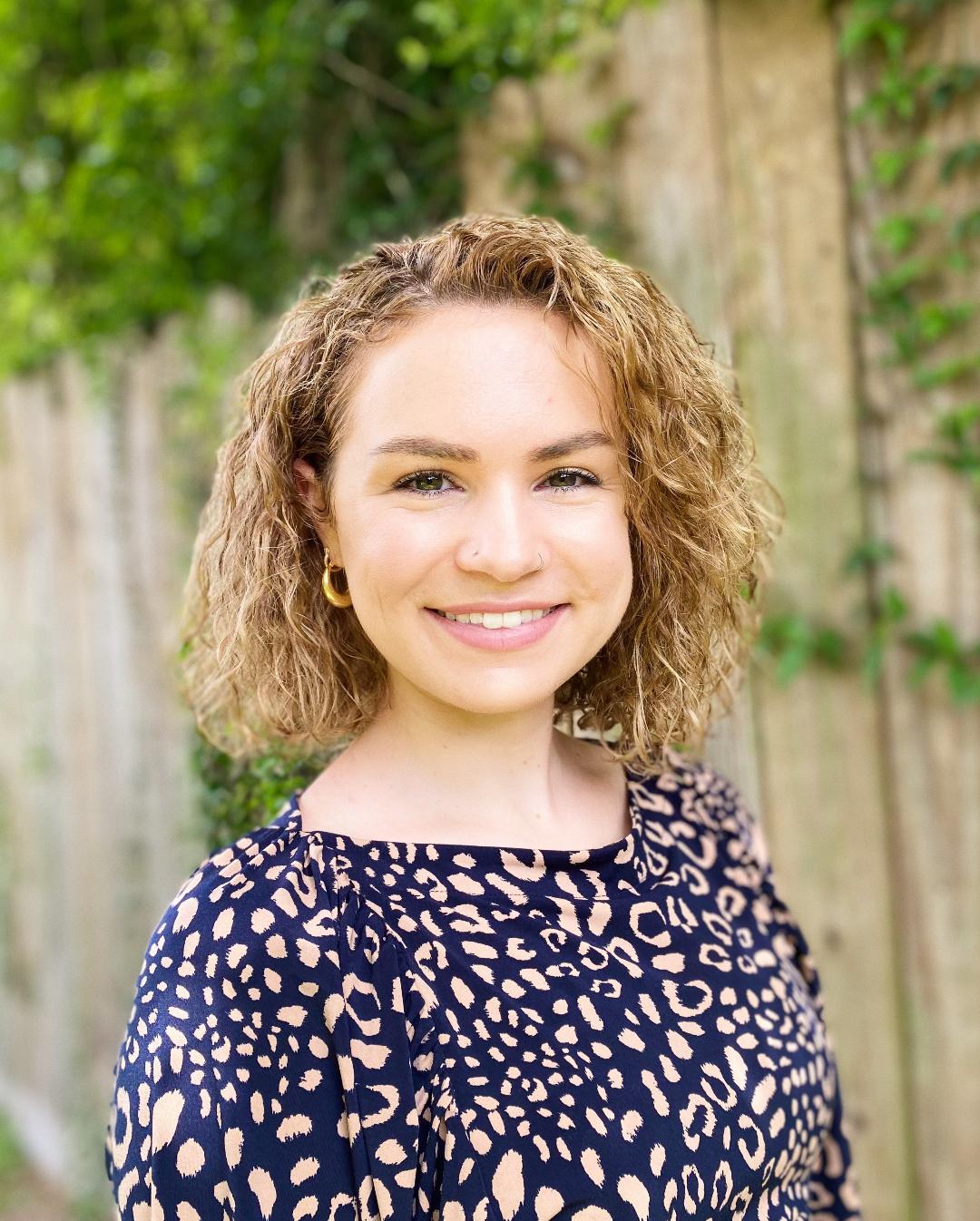
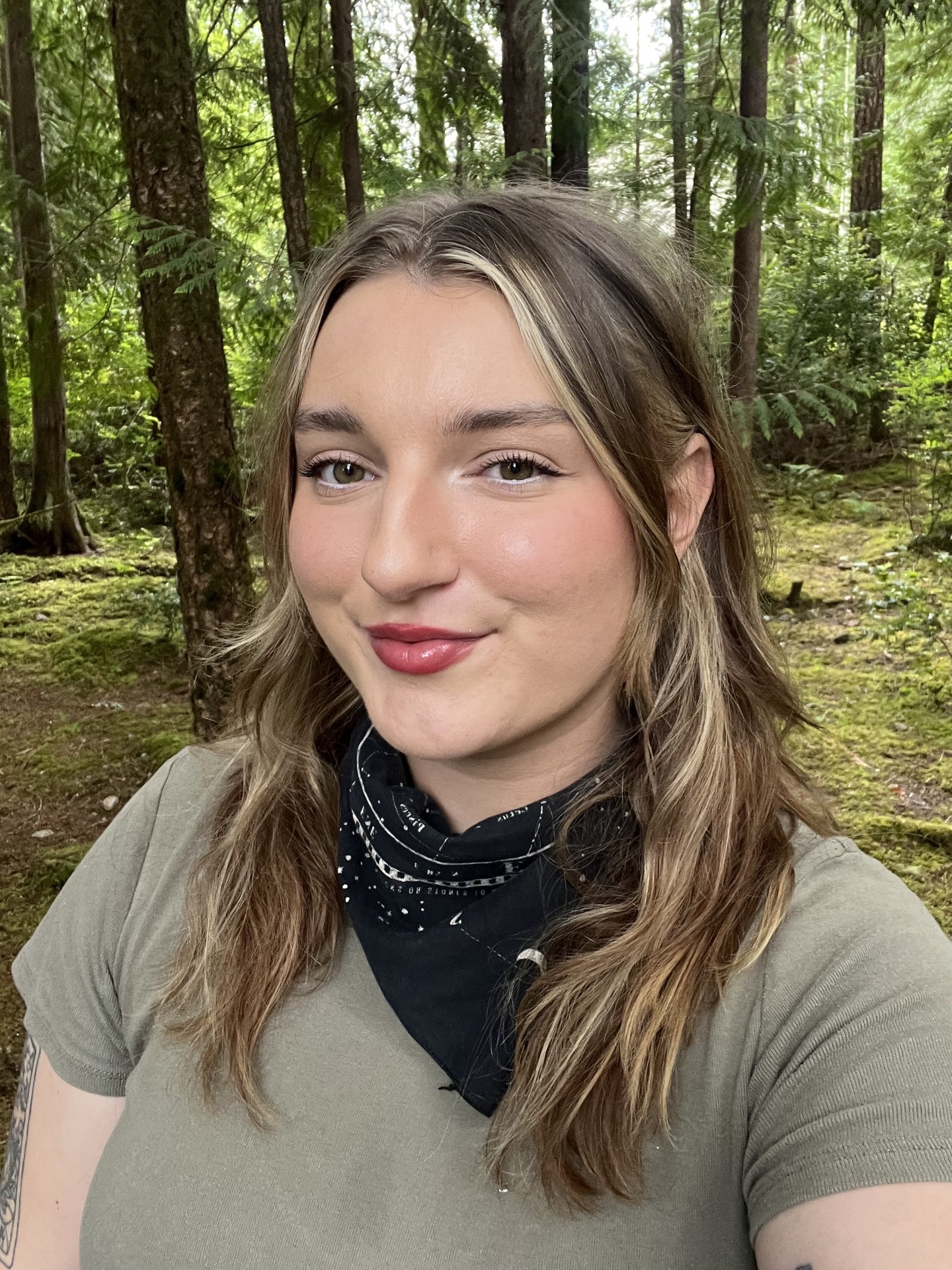
Shay Brosius, MSW, LICSWA
Therapist (she/her/hers)
Octavia Craig, MS, LMHCA
Therapist (she/her/hers)
Octavia earned a master‘s degree and is currently a doctoral student at The University of Western States. She is completing an Educational Doctorate (EdD) in Sport and Performance Psychology with a specialty in Clinical Mental Health Counseling. She has volunteered and served as a leader and coach in youth athletics within Kitsap County over the past 15 years; this experience has given her the ability to build relationships with youth and young adults. She is focused on collaboration; working with clients to identify their specific needs and goals and then identifying how their own natural skills and abilities can help them succeed. Octavia is interested in working with teens and young adults who are willing to explore their mental health goals and needs, or athletes and performers who need mental health support. Â
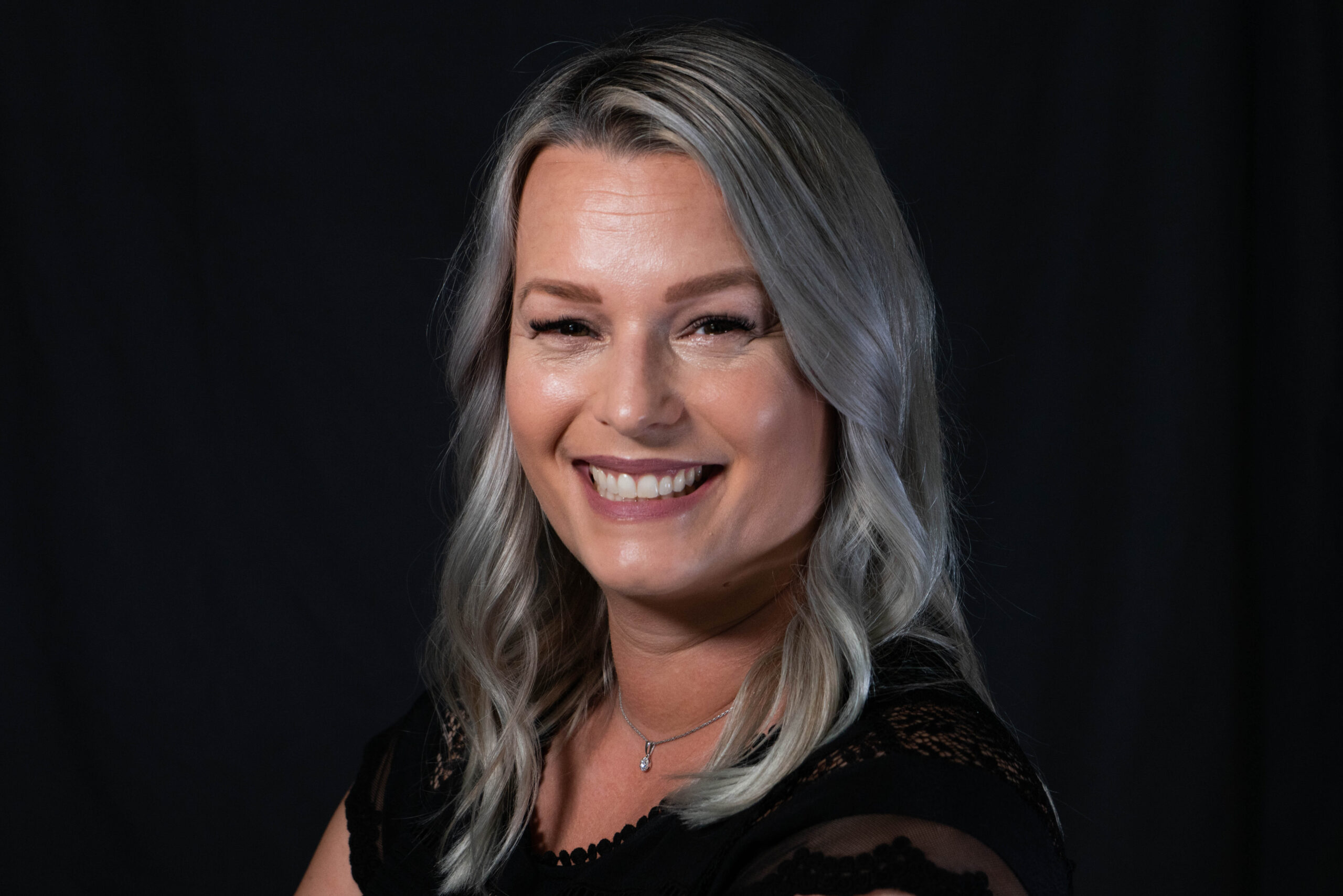
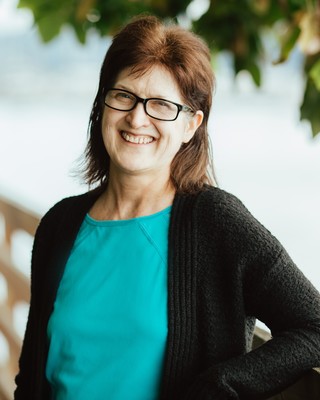
Sarah Doemland, LMHCA
​Therapist (she/her/hers)
My therapeutic perspective is broad and my approach is eclectic as to meet you where you are while supporting your unique therapeutic process. The basis of your process is a foundation of trust between you and myself that formulates over time. My goal is to provide you and others participating in therapy with the best possible care.
There is a compendium of theories and practices utilized as a framework that is developed depending on your needs. These are the following: Person-Centered Therapy, Motivational Interviewing, Cognitive Behavioral Therapy, Dialectical Behavioral Therapy, Solution-Focused and Strength-Based Therapies, Structural Family Therapeutic Approach
As these approaches offer tools from which to guide the process, the therapeutic relationship is the foundation for growth for each individual in a safe and supportive environment. I welcome you to engage in a supportive, nurturing, and life-inspiring process of self-exploration.
Alec Dyke, LICSWA
​Therapist (he/him)
Alec draws from his experiences as an outdoor educator of over fifteen years when providing clients with therapy, incorporating aspects of psychoeducation in a belief that knowledge is power. Alec embraces a trauma-informed approach, recognizing that many individuals have experienced some form of trauma within their lifetime. He also recognizes the impact of power, privilege, intersectionality, and systemic concerns on a client’s life. Alec aims to foster a safe environment where people can be as vulnerable as possible and explore themselves from all angles. He focuses on empowering clients, working to assist individuals in fostering autonomy while recognizing the importance of connection at the same time. Alec works with adult individuals living with a variety of mental health concerns including and is passionate about supporting the LGBTQIA2S community.
Gillian Farrell, MS, LICSW
Therapist (she/her/hers)
Gillian is passionate about providing an inclusive and affirming environment for all those seeking care. She earned her Master’s degree in Social Work from the University of Oklahoma in 2019, but has been working in the broader social services field for over 10 years in a variety of capacities. She works with trauma, including PTSD and C-PTSD, acute and chronic grief/mourning, systemic oppression, family conflict/abuse, depression and anxiety. Her therapeutic approach can be described as humanistic and she incorporates somatic and cognitive techniques in practice. She is a strong believer that trust and safety are the foundation of therapy. She will work with you to identify what approach best fits your individual or family needs, so that you/your family feel safe, valued, and understood. Her space will always be LGBTQ2S+ affirming, anti-racist, body-positive, compassionate and non-judgmental. She will accept you and provide quality care to you exactly as you are.Â
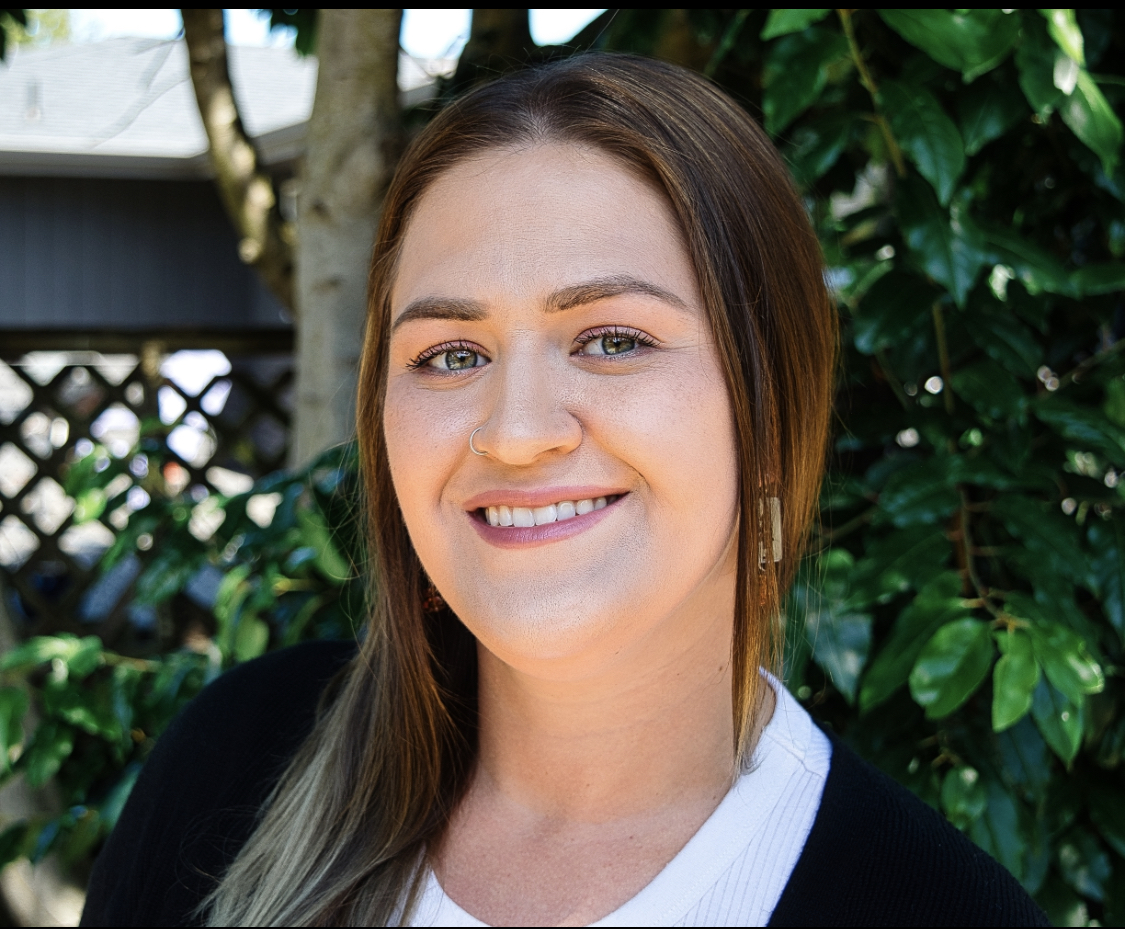
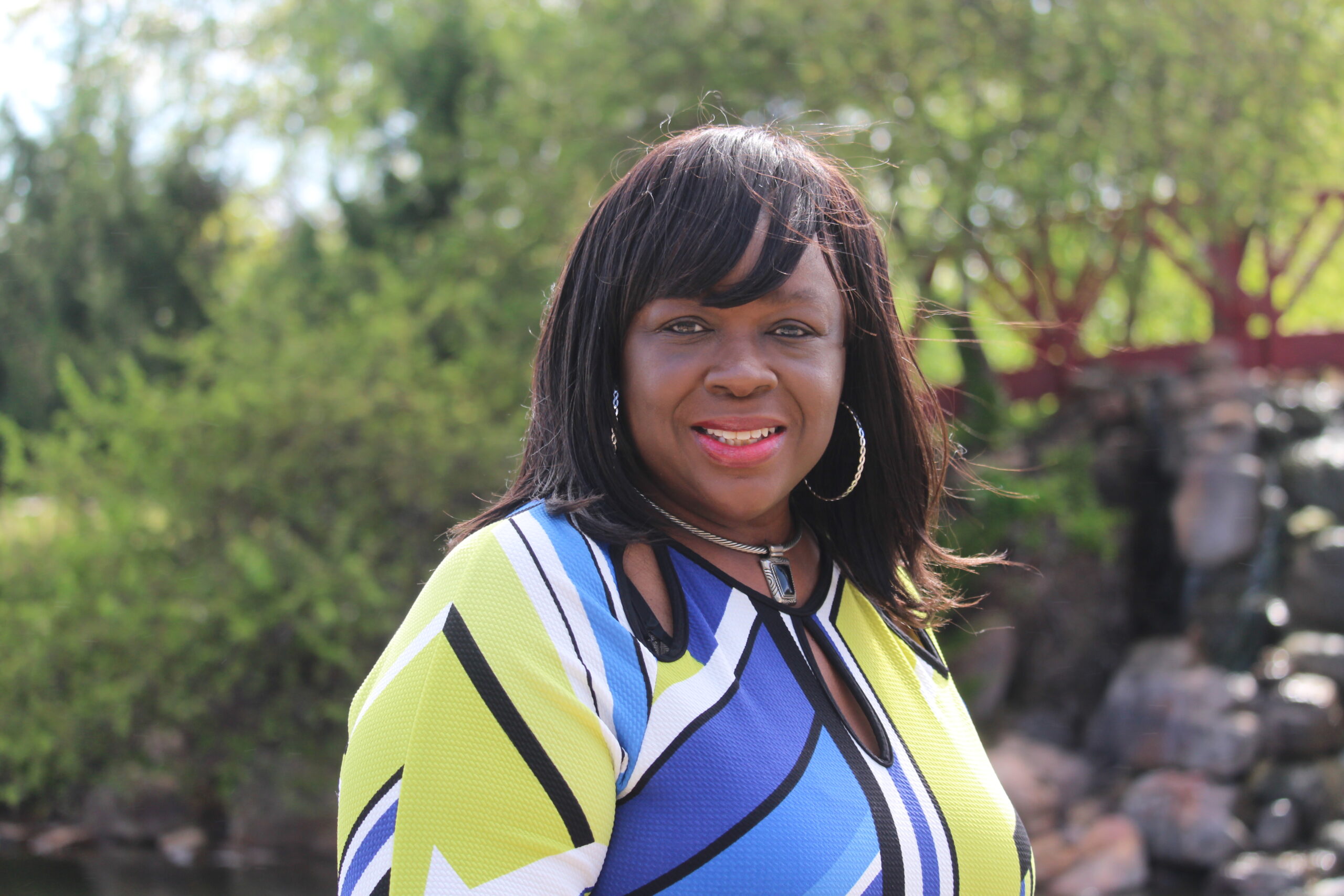
Tanya Glover, MS, LMFTA
Therapist (she/her/hers)
Tanya provides support for children (7+), adolescents, adults, couples, and families. She draws on her experience from the Department of Corrections (DOC) and the Department of Children/Youth and Families (DCYF). She provides a safe environment and is very supportive, allowing the opportunity for each individual and family member to build a rapport and connection with her. She will work to offer care that is supportive and nurturing. She will equip you with the skills and knowledge necessary to become effective, productive, and independent. She fosters a quality of understanding that has a significant impact on the capacity for healing.
Dani Jones, LMHCA
Therapist (she/her/hers)
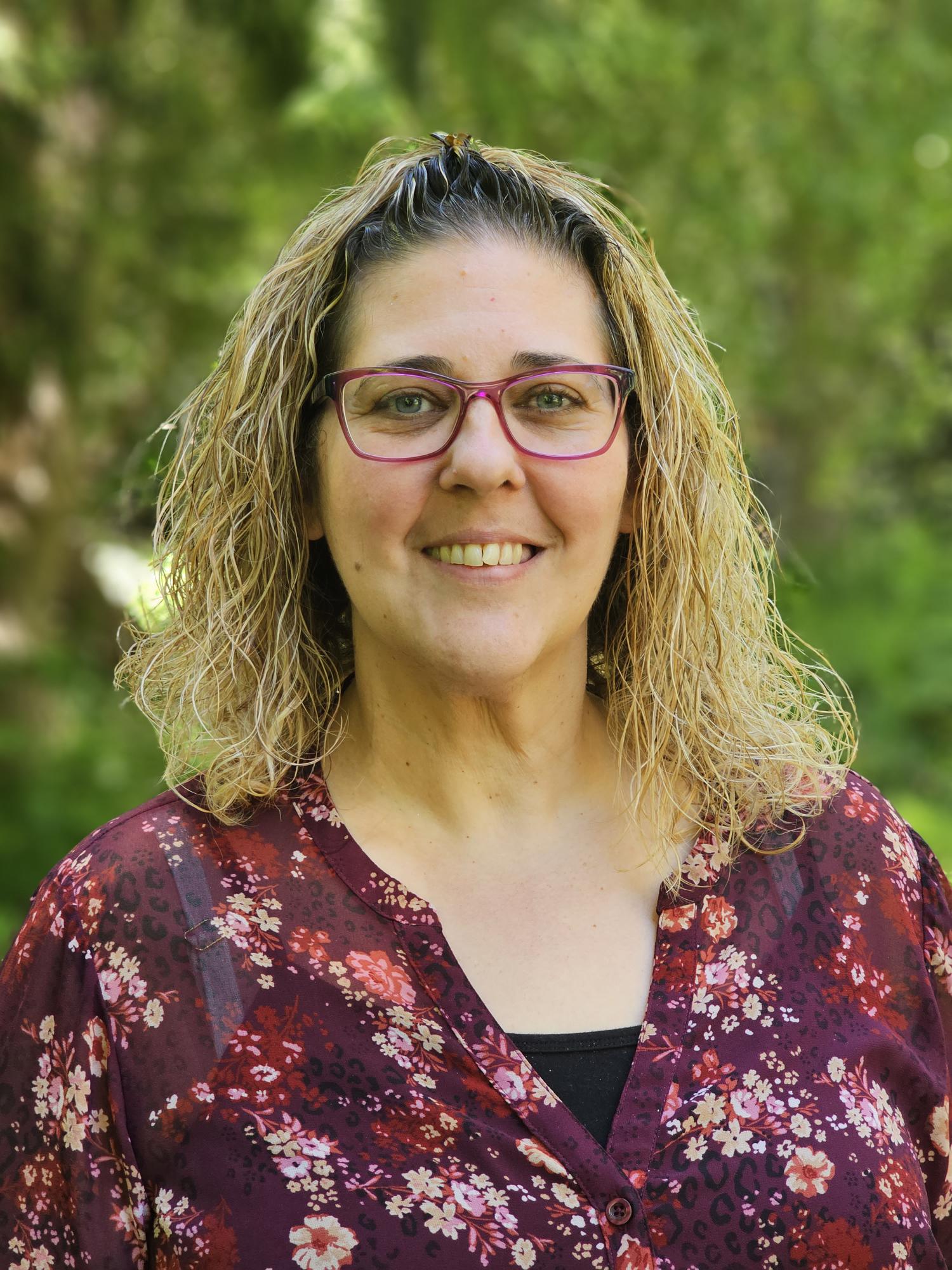
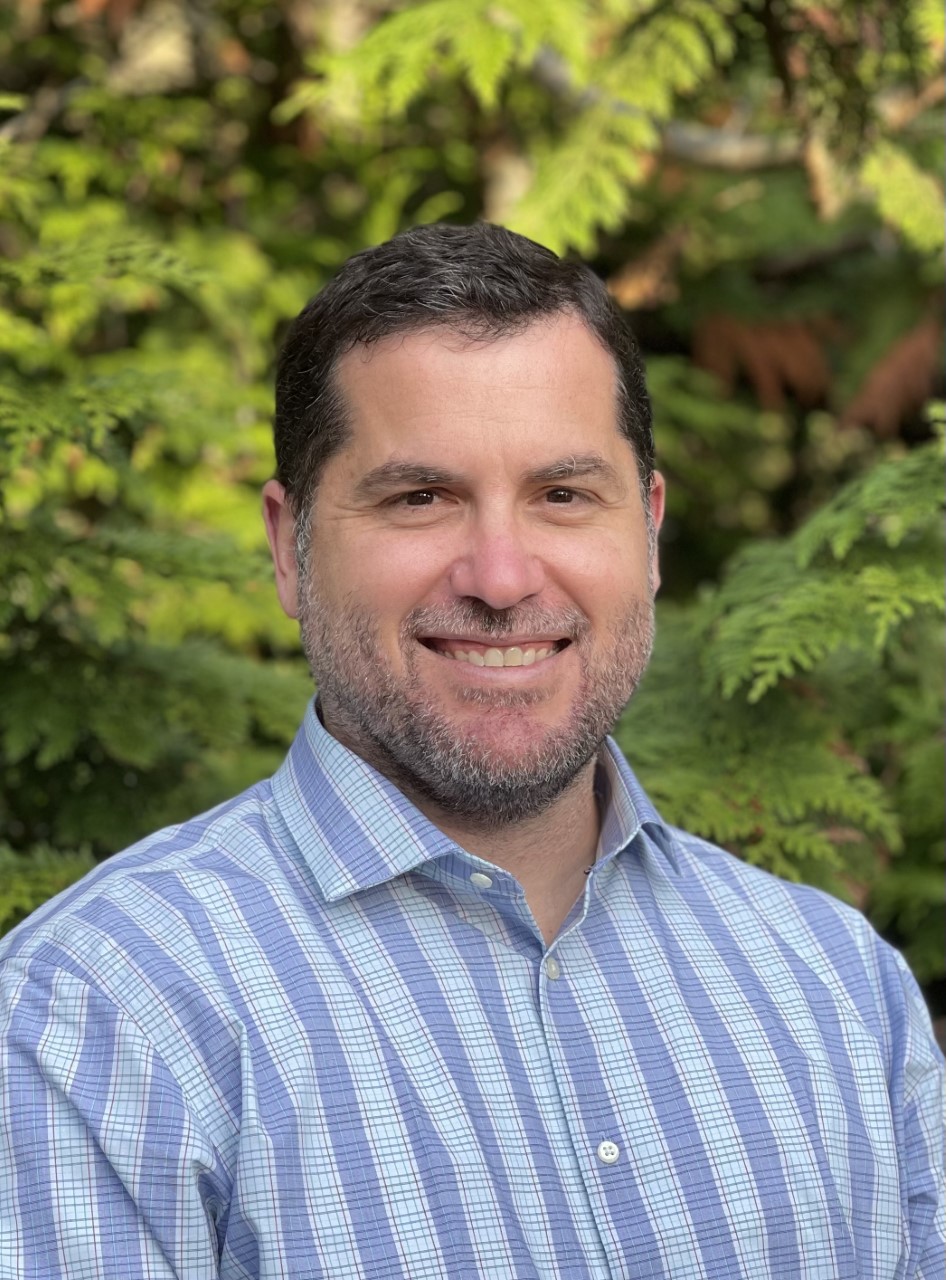
Judson Haynes, LMHC
Therapist, (he/him/his)
Jud is currently completing a doctorate in clinical psychology and has been a Licensed Mental Health Counselor (LMHC) and Substance Use Disorder Professional (SUDP) for over ten years.  He has experience working with adult and adolescent clients from diverse backgrounds who experience various mental health and substance use-related challenges. Jud specializes in a trauma-informed, integrative, and evidence-based approach incorporating existential psychotherapy, mindfulness-based cognitive therapy, acceptance and commitment therapy, and motivational interviewing.Â
Jud describes his primary aim in therapy is to provide a non-judgmental setting where clients can more deeply explore the challenges that brought them to therapy and develop strategies promoting positive and long-lasting outcomes.
Josie Nickum, LMHC
Therapist (she/her/hers)
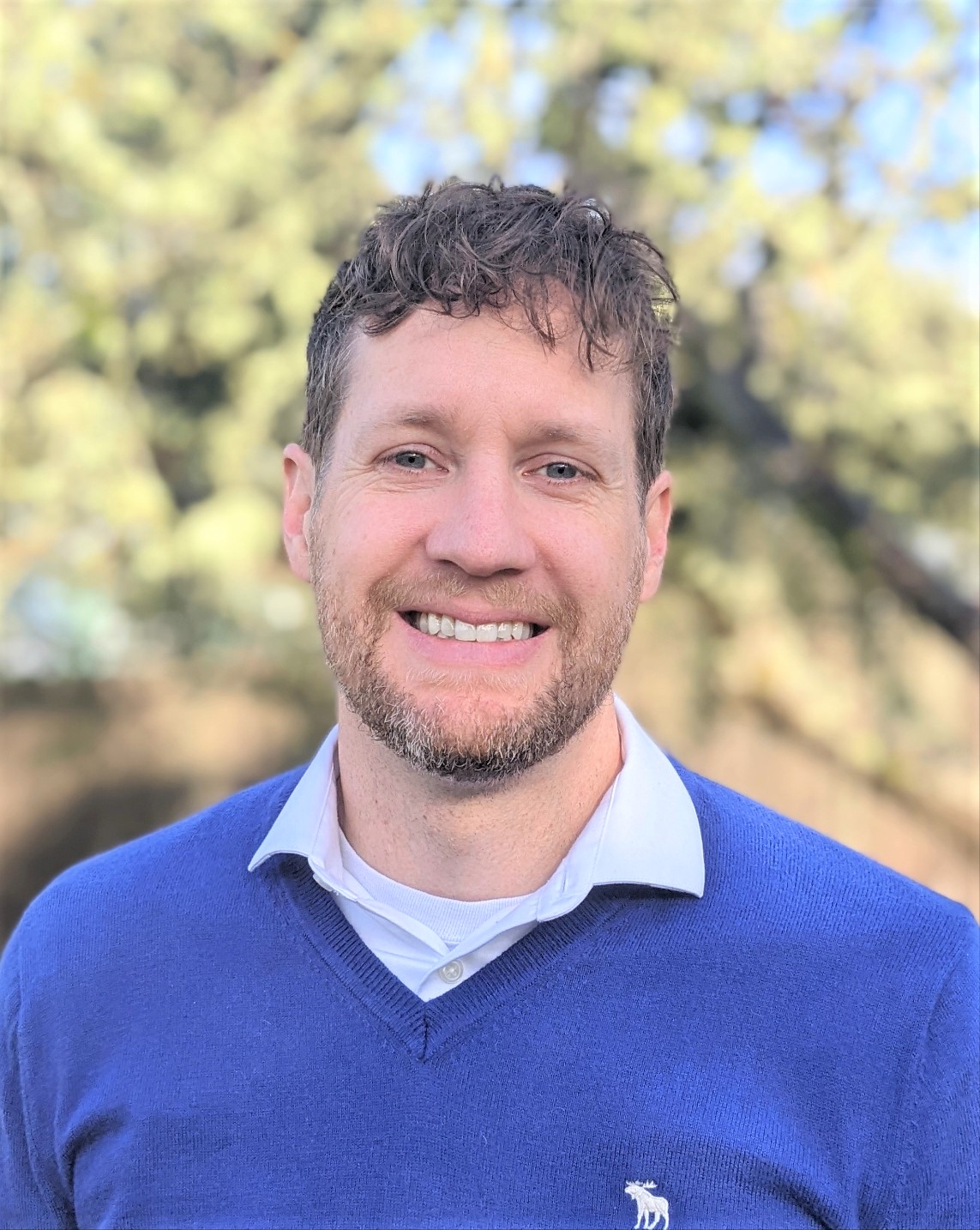
Nick Niemann, MS, LMHC
Therapist (he/him/his)
Sara I. Odash, LMHC
Therapist (She/Her/Hers)
Sara assists clients eager to clarify problems, set goals, learn tools, and create a plan for change to get the life and work they deserve. Sara draws upon cognitive-behavioral, strength-based techniques, narrative therapy, family systems therapy, Jungian psychology, interpersonal skills, and dreamwork – all incorporating the diversity and values of the individual client. Sara is a licensed mental health counselor in the State of Washington.
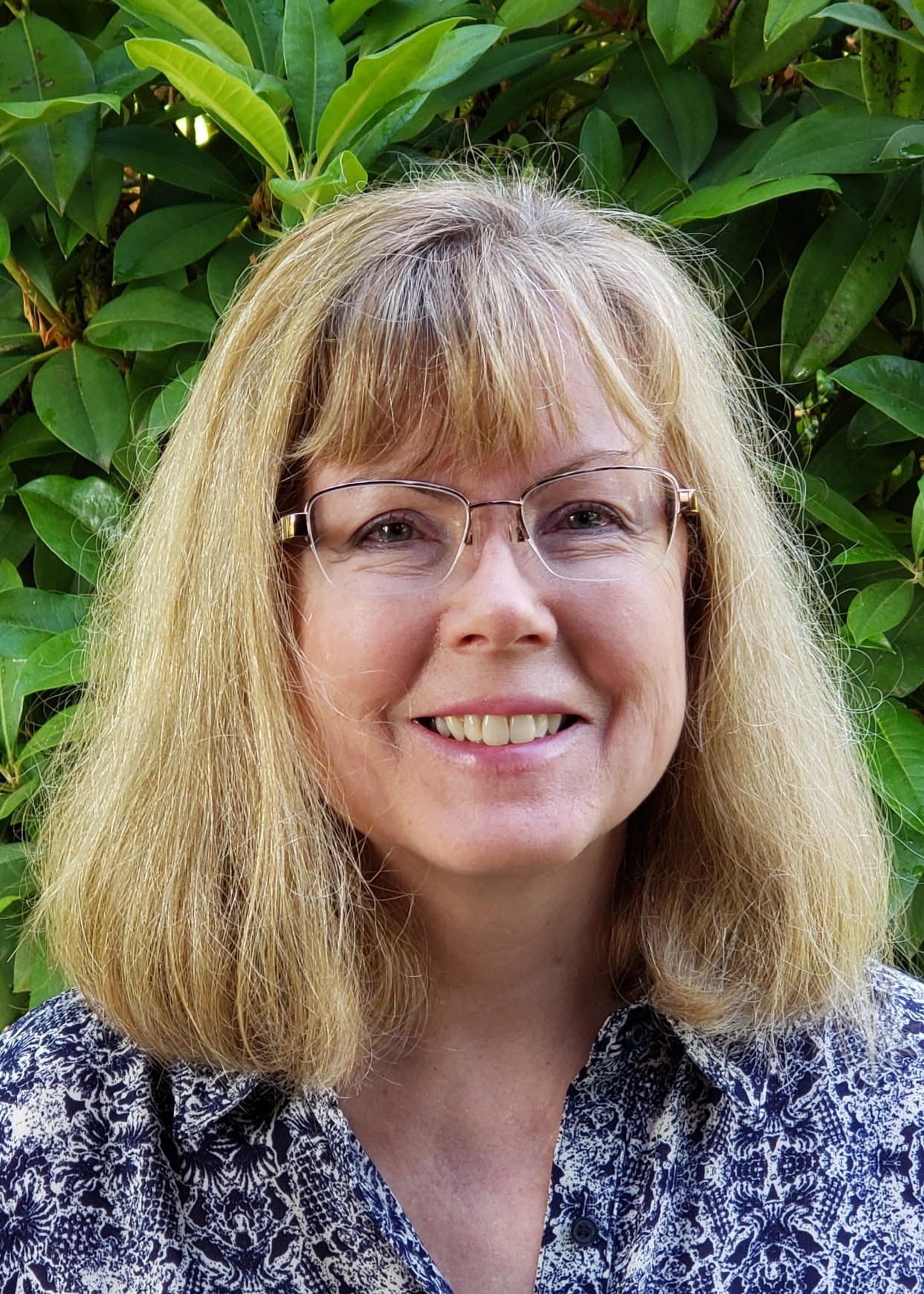
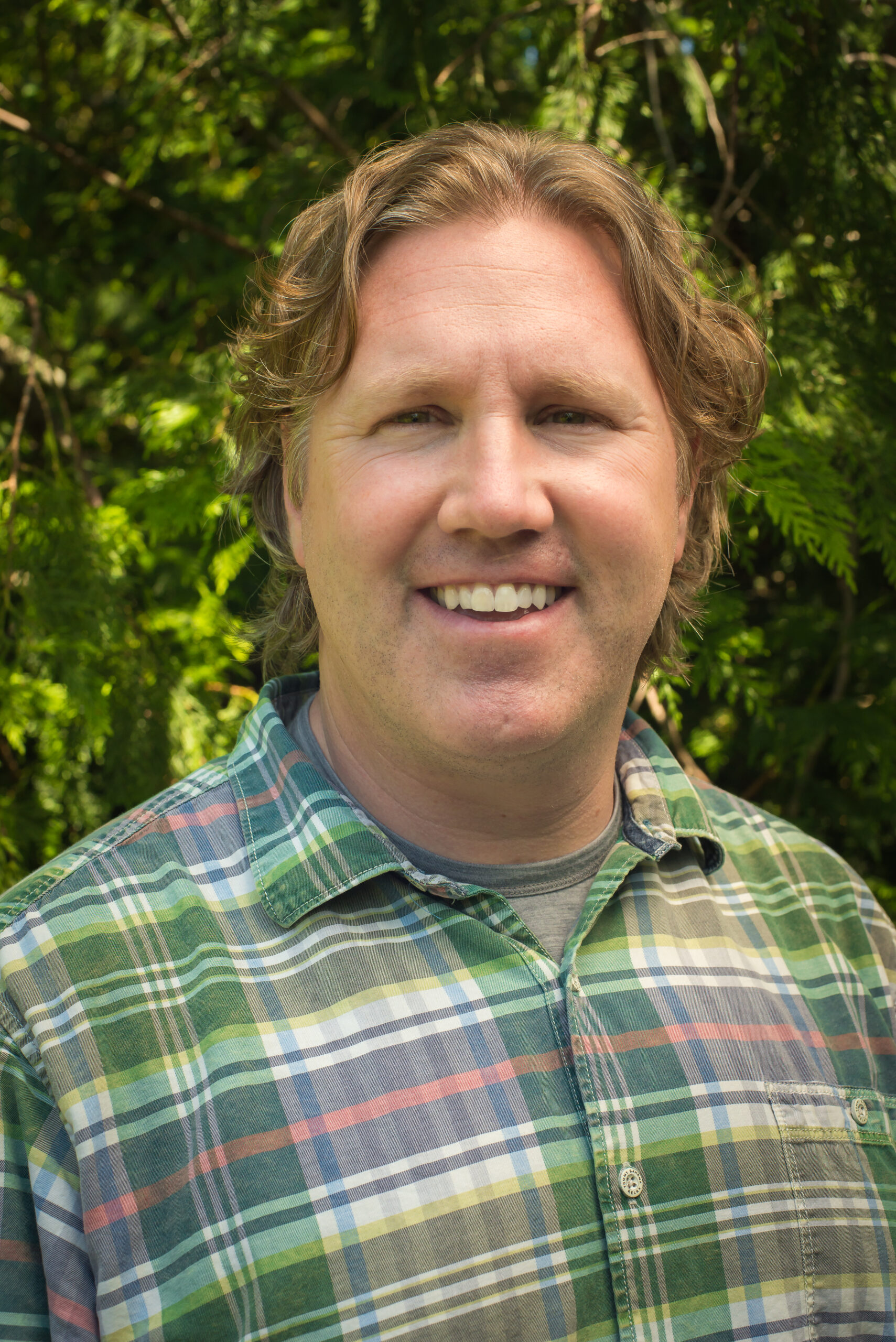
Brad Page, LMHCA
​Therapist (he/him)
​Brad earned his Master’s degree at Liberty University in Mental Health Counseling. After five years in the Navy as a Hospital Corpsman, he worked in the emergency department and has spent the last thirteen years in the fire service. He volunteers with Kitsap County DEM CISM Team, working with first responders who have witnessed critically significant events. He also organizes the Peer Support team for his department. Brad’s goal is to provide a trusting environment, enabling every client to see their inherent worth, self-actualized identity, and intrinsic value. His approach is to seek first to understand, allowing the client to expertly narrate their own story. Even though there is brokenness, there does not need to be dysfunction.Â
“Everything’s not awesome, but that doesn’t mean that it’s hopeless and bleak. . . . We can make things better if we stick together†(Emmet).Â
August Russell, LICSWA
Therapist, (they/them)
August believes that a strong therapeutic relationship is based on collaboration, communication, trust, and client autonomy. They believe that everyone has strengths and experiences that they can draw on to grow, change, and heal. Those strengths often inform treatment goals and pave the way for what work will be done in sessions.Â
August enjoys working with LGBTQ+ individuals and is a current member of WPATH (World Professional Association for Transgender Health.) They have experience in working with individuals and couples as they explore gender and sexual orientation. Additionally, August works with adolescents and adults experiencing depression, anxiety, gender dysphoria, and stress. They utilize tactics from acceptance and commitment therapy, rational emotive behavior therapy, cognitive behavioral therapy, and dialectical behavioral therapyÂ
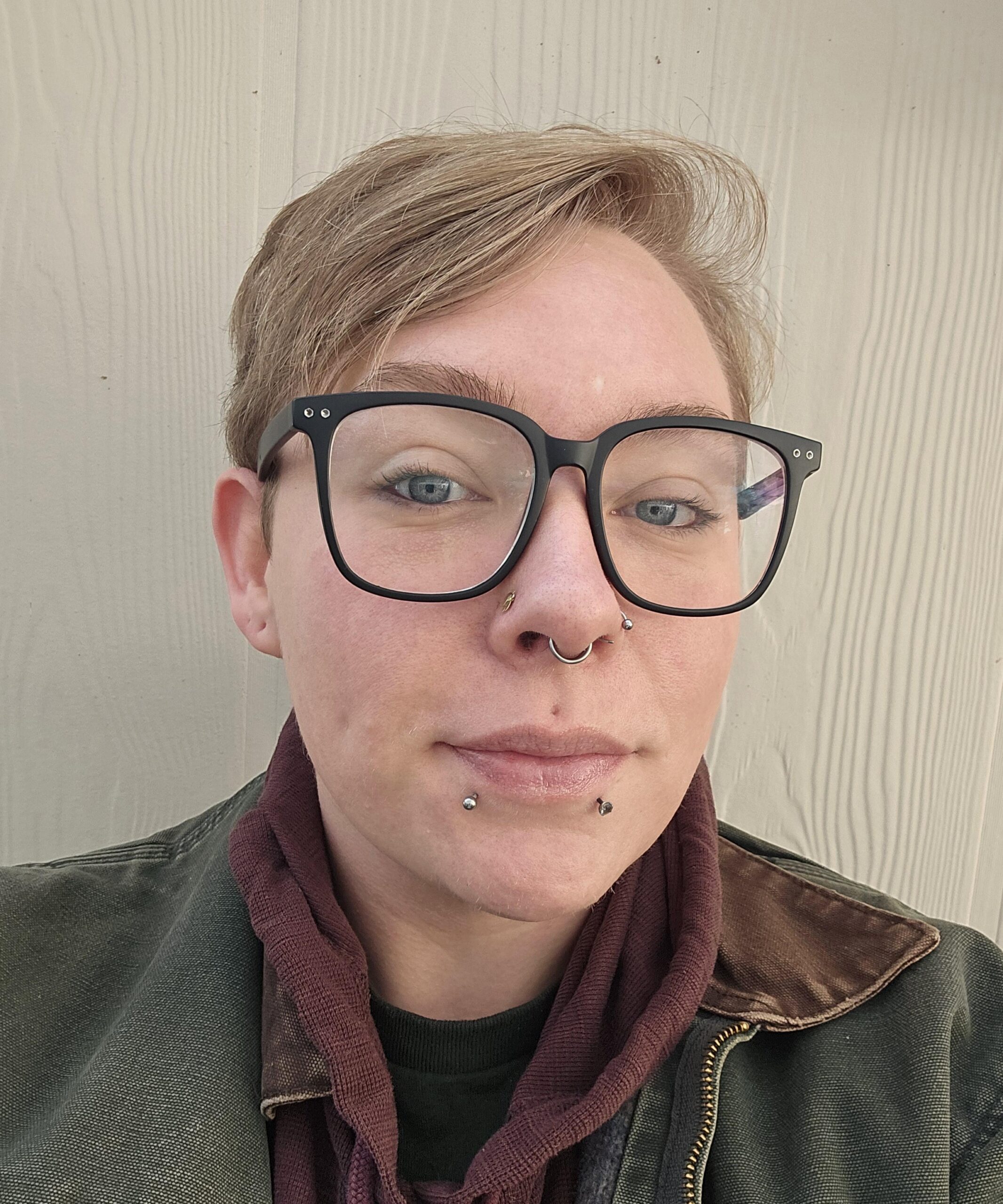
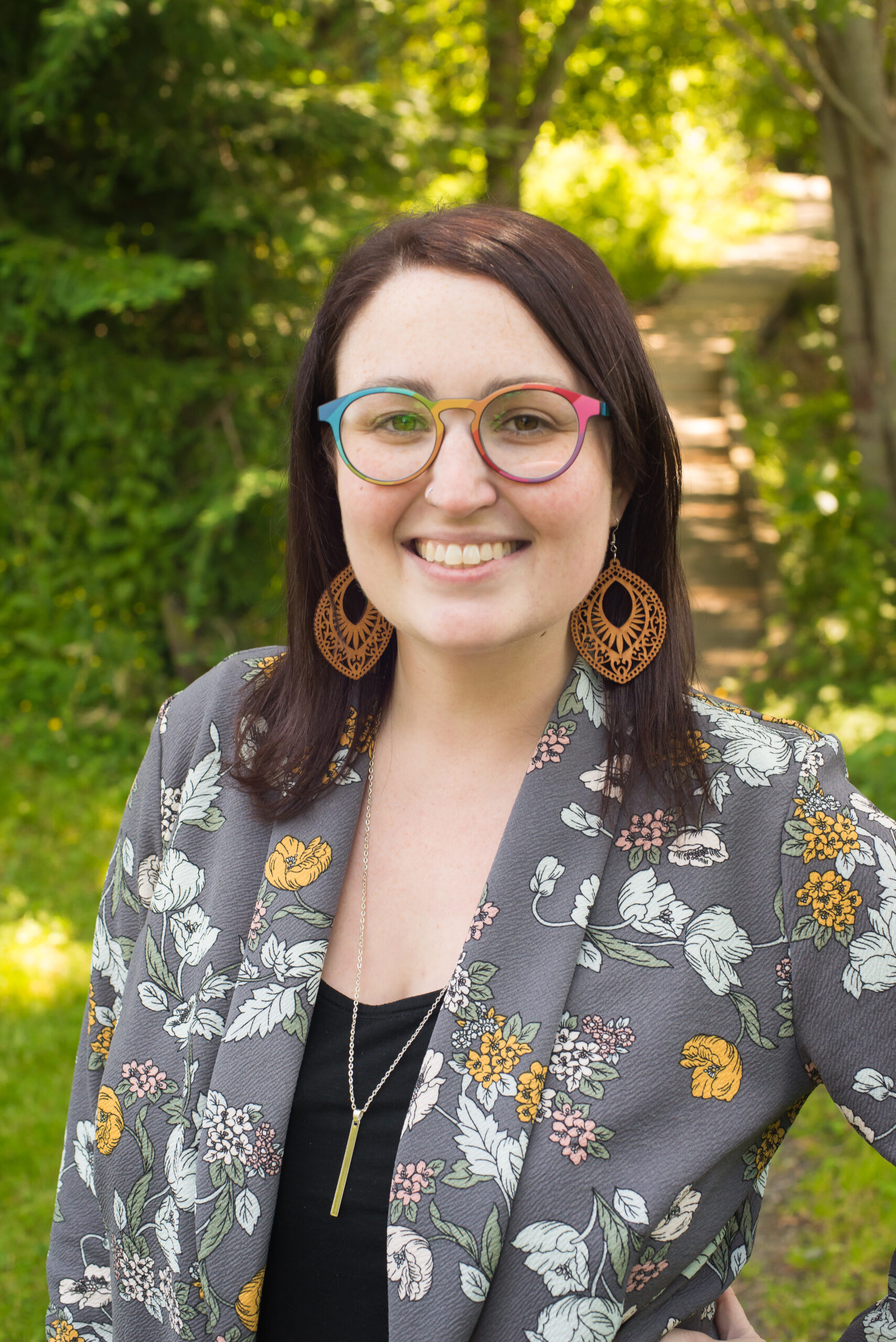
Kaitlyn Speer, LMHC
Therapist (she/her/hers)
Kaitlyn works with individuals who are struggling with difficult symptoms such as anxiety, depression, anger, and trauma. Her specialties include working with adults and couples who are seeking to better their interpersonal relationships and reduce symptoms. Kaitlyn received her Master’s in Marriage, Couples, and Family Counseling from Walden University, and has experience working as an outpatient therapist in a community mental health agency. Kaitlyn describes herself as a “child’s therapist that never sees childrenâ€, as she works with adults to recognize how their past may be impacting their present and how to change the cycle of generational trauma. Kaitlyn believes in an eclectic approach, utilizing DBT (dialectical behavioral therapy), CBT (cognitive behavioral therapy), LGBTQ+ accepting and developing a relationship with her clients. Kaitlyn upholds a standard of Trauma-Informed and Gender Affirming Care. Kaitlyn believes in empowering her clients to continue the work, even outside of her office.
Johnny Thigpen, MSW, LICSWA, SUDP
​Therapist (he/him/his)
I approach my work with clients with openness and curiosity. I believe the people I serve are inherently whole and healthy, yet many have learned to cope with suffering using unhealthy substances, relationships, or habits. Bringing a holistic approach to understanding each individual, I assess clients’ histories, interpersonal patterns, and environments, examining social, spiritual, physical, and emotional factors as well as their sense of purpose. When collaborating with clients, I prioritize establishing a therapeutic bond and gaining trust as the foundations of my work. I believe that all of us are “people in recovery†and while we are all in this journey together, each client’s voice is the single most important aspect of their individual treatment.
I have had several careers in my adult life: Sailor (Navy, Coast Guard), school bus driver, addiction counselor, and most recently, mental health therapist. I earned a Masters degree in Clinical Social Work and am certified as an addiction counselor. No matter where you are in your journey my hope is to walk alongside you and perhaps gain some insight. This goes both ways. I know that I would not be the person I am today without all the people I have encountered in my life.
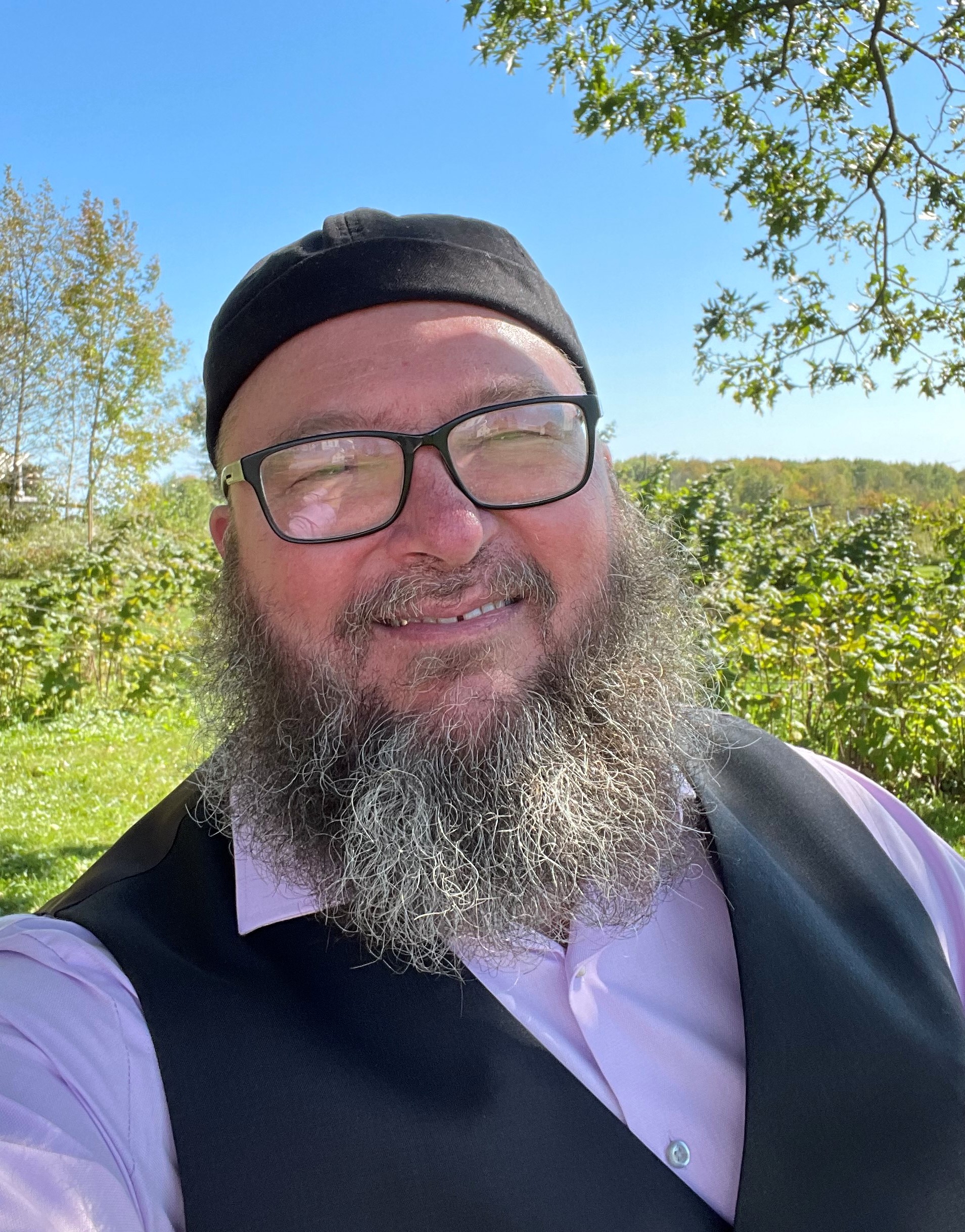
Rebecca Williams, LICSW
Therapist, (she/her/hers)
Rebecca strives to work collaboratively with adolescents, and young adult clients, empowering them in various capacities through therapy. Her theoretical approach integrates psychodynamic, expressive arts, cognitive-behavioral, and dialectic behavioral therapy. In working with gender identity development (transgender, non-binary individuals), gender dysphoria, and sexual orientation, therapy is tailored to fit your needs and your treatment goals.
Treatment focus includes anxiety management, gender dysphoria, improving self-esteem, connection to community, relationship skills, and readiness to transition. Rebecca focuses on developing a strong therapeutic relationship so that clients can feel safe to explore their inner world in a unique way. Her goal, as a therapist, is to aid clients in developing new insights, identifying unhelpful interpersonal and behavioral patterns, and creating meaningful change. She’s also found that the exploration of social structures, power dynamics, and how these issues relate to and influence relationships can be very beneficial in therapy work. She earned her Master’s in Social Work from Western New Mexico University. Rebecca is an active member of the World Professional Association for Transgender Health (WPATH).
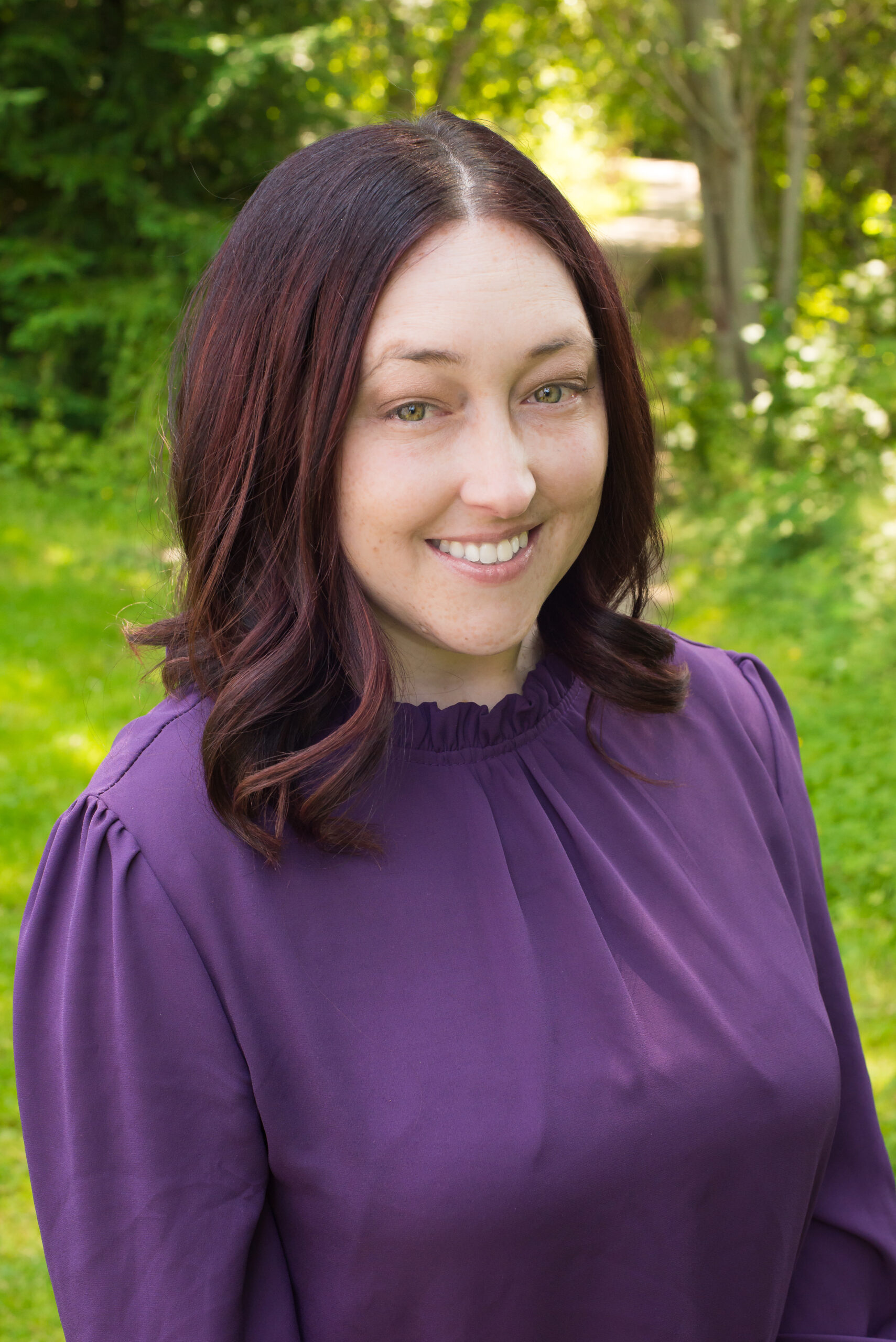
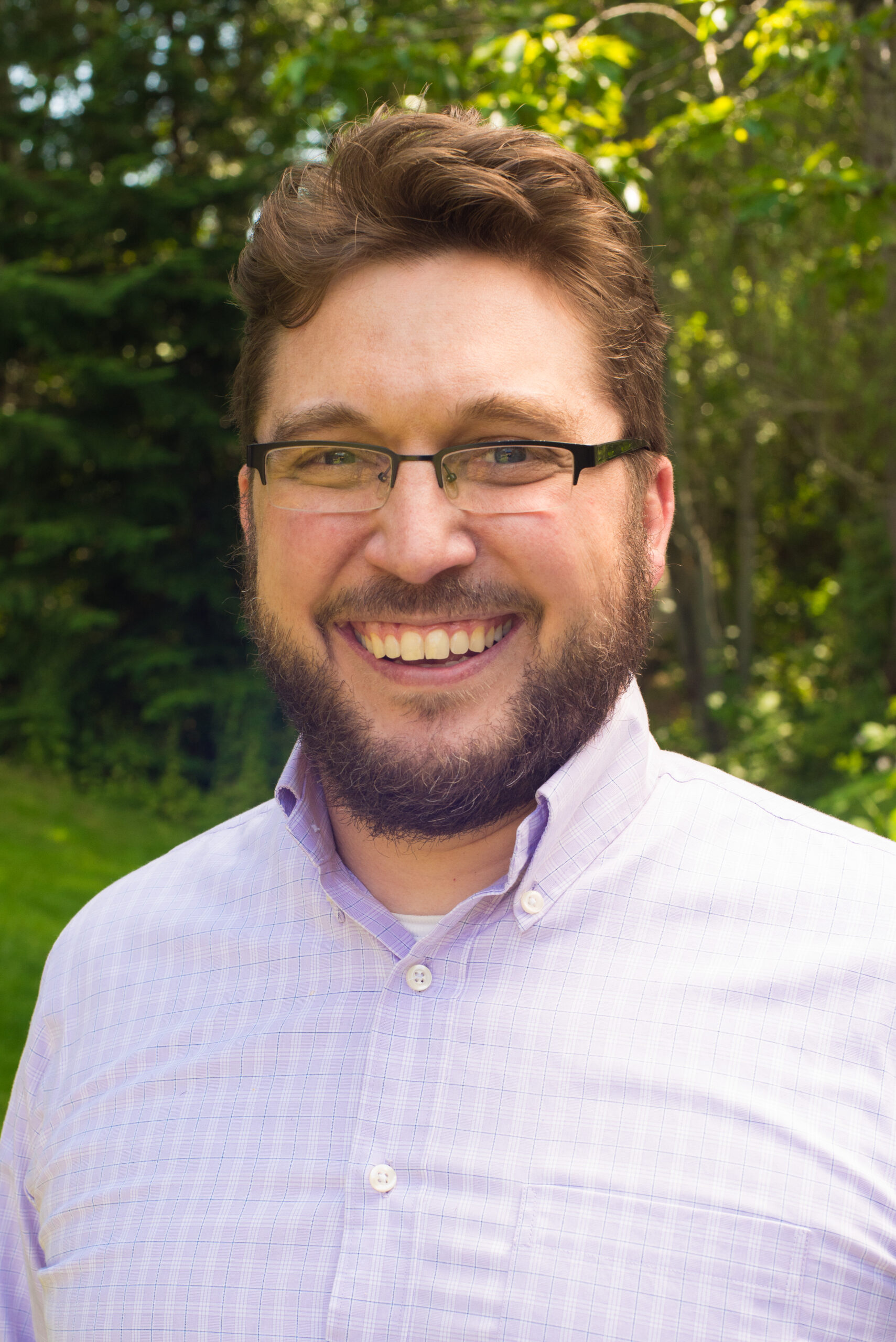
Matthew Poinsett, PhD, LMHC
​Clinical Director (he/him)
Matt has dedicated his education and professional pursuits to understanding the process of building strength, resilience, and wellness in individuals, couples, and groups. His approach to therapy facilitates insight and the development of skills necessary for people to live happier healthier lives. Matt’s diverse therapeutic experiences included wilderness-based therapy, inpatient crisis care, intensive partial hospitalization services, and private practice. Additionally, he has a passion for community outreach and bringing mental and emotional well-being to the general population. Matt earned his Bachelor of Science degree from Ferris State University and earned his Doctor of Philosophy in Clinical Psychology from Eastern Michigan University.
Julie Canterbury, MA, LMHC
Owner (she/her/hers)
Julie is the founder of MCS Counseling and works to build community partnerships while also functioning as a business consultant. She is certified in the state of Washington with a Master’s degree in Counseling Psychology at Argosy University-Seattle. At MCS Counseling, Julie has aspired to create a relaxed but knowledgeable environment in order to allow individuals the opportunity to work toward healthy breakthroughs with our providers and counselors. The professionals she’s chosen to work with stay up-to-date with contemporary developments in diagnoses and treatment in order to ensure that they are always treating MCS patients in the most effective method possible.
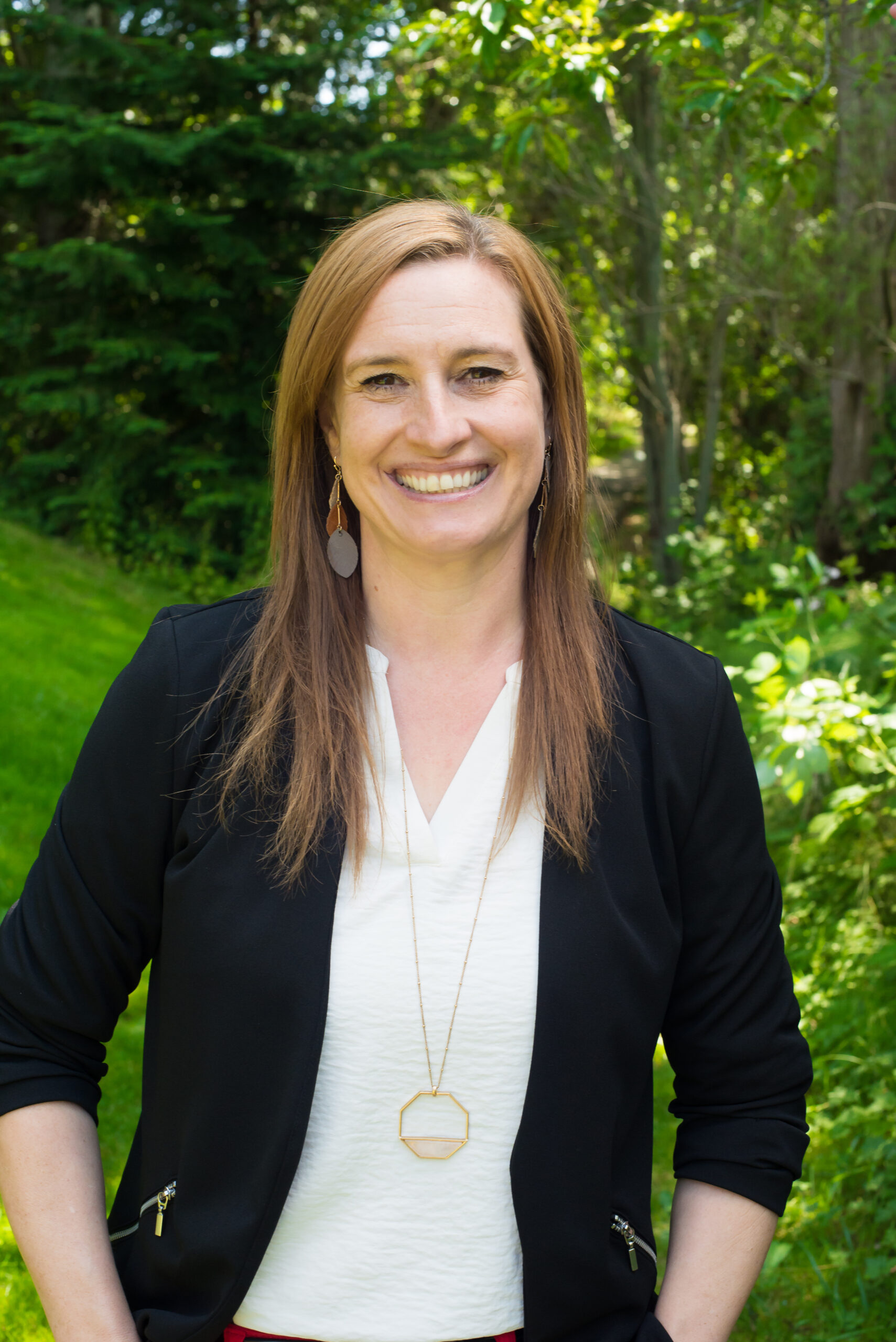
Clinical Interns
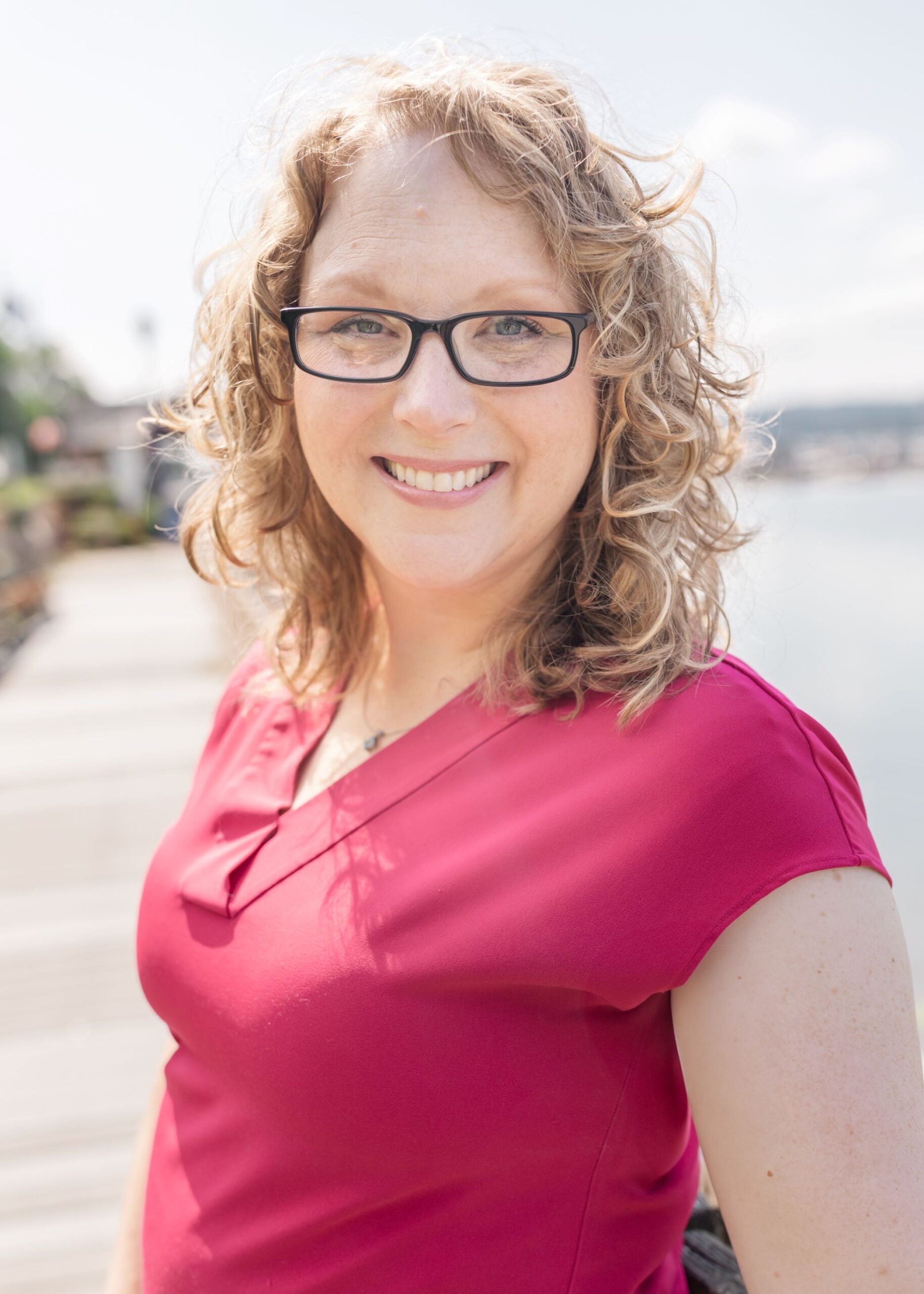
Tracy Freckleton
Clinical Intern (she/her)
I believe counseling individuals involves acceptance, empathy, and creating a safe space where clients feel comfortable exploring their past, present, and future. I include internal and external factors as we collaborate in
the change process. I use holistic trauma–informed practices focusing on client strengths to explore adaptive tools to reach the client’s individual goals. I focus on collaboration, walking alongside clients to develop
personalized plans that promote resilience, social–emotional growth, and self–discovery. I work with children, adolescents, and adults who are ready to engage in a journey of healing, empowerment, and personal growth
Devin Loudon
Clinical Intern (he/him)
As humans, we all experience challenging times in our lives. I believe that people can be empowered to create positive, meaningful change and experience significant personal growth through counseling. To help clients
improve their sense of wellbeing, I provide a warm, non–judgmental space to safely explore their thoughts, feelings and behaviors. I tailor my services to meet each client’s needs by using an integrative approach that
draws on evidence–based practices of mindfulness, reality therapy, cognitive behavioral therapy, and cognitive behavioral–related therapies. I work with children, adolescents, and adults and I am driven by my desire to
help each client experience improved health and wellness by being an unconditional, positive support throughout the therapeutic process
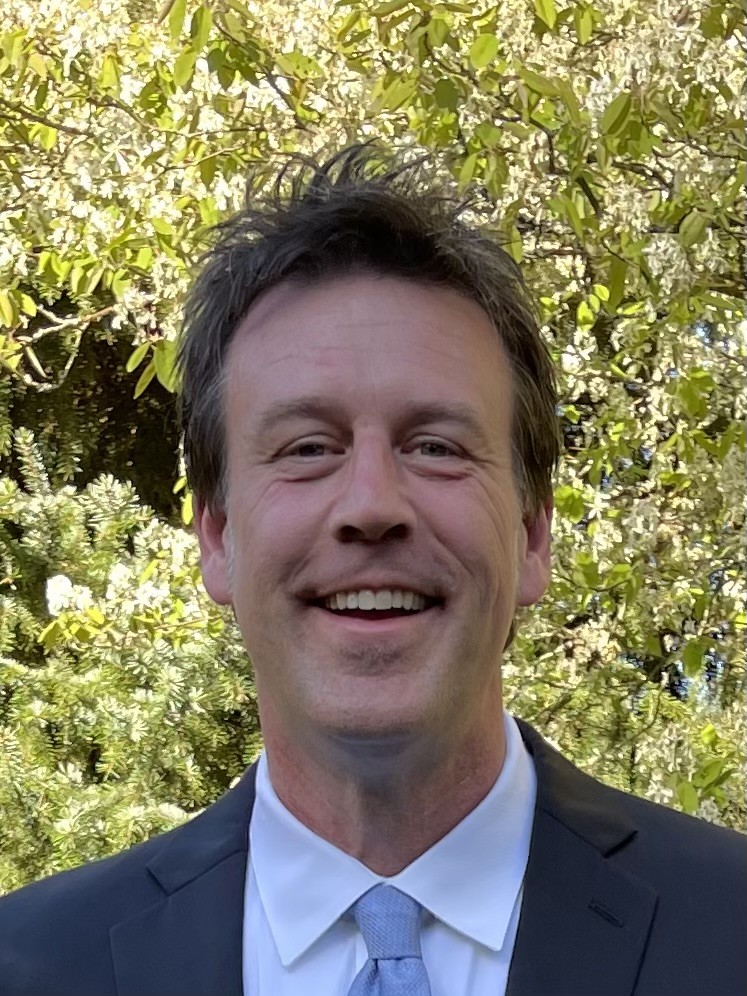
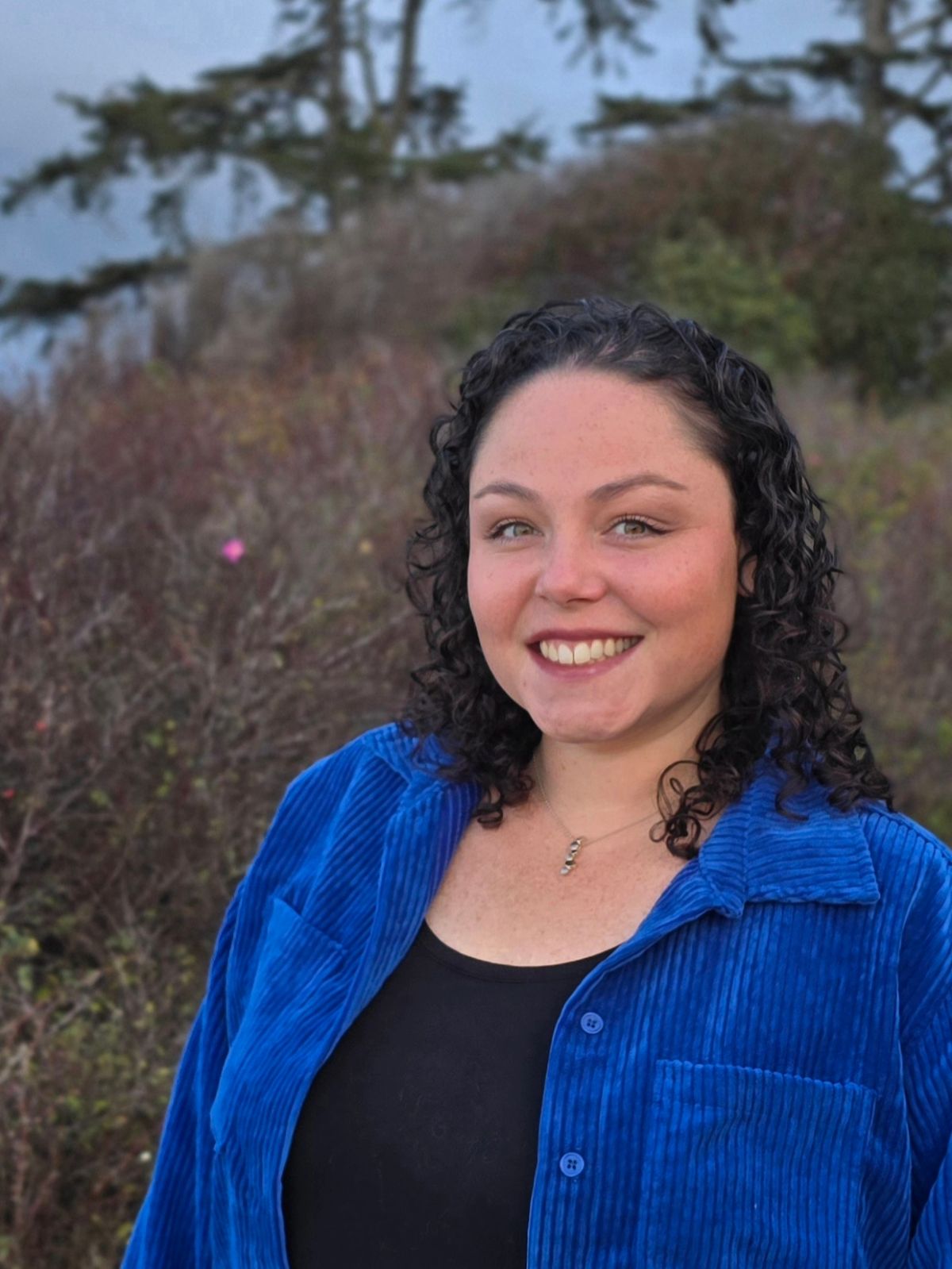
Ashley Quinn
Clinical Intern (she/her)
Ashley holds a Bachelor of Science in Psychology from Washington State University and is currently completing a Master’s degree in Clinical Mental Health Counseling and School Counseling at Walden University, Ashley integrates narrative therapy, trauma-informed practices, CBT, and holistic methods to support clients in understanding how their past shapes their present. Her approach creates a safe space for children, adolescents, and adults facing challenges such as trauma, anxiety, depression, and family conflict, with a focus on fostering social-emotional growth and resilience. Ashley is grounded in acceptance and flexibility, walking alongside clients as they explore their past, present, and future selves. Each session is tailored to individual needs, collaboratively developing plans in a safe, inclusive environment where all are met with openness and respect.
Meet our community partners HERE.
